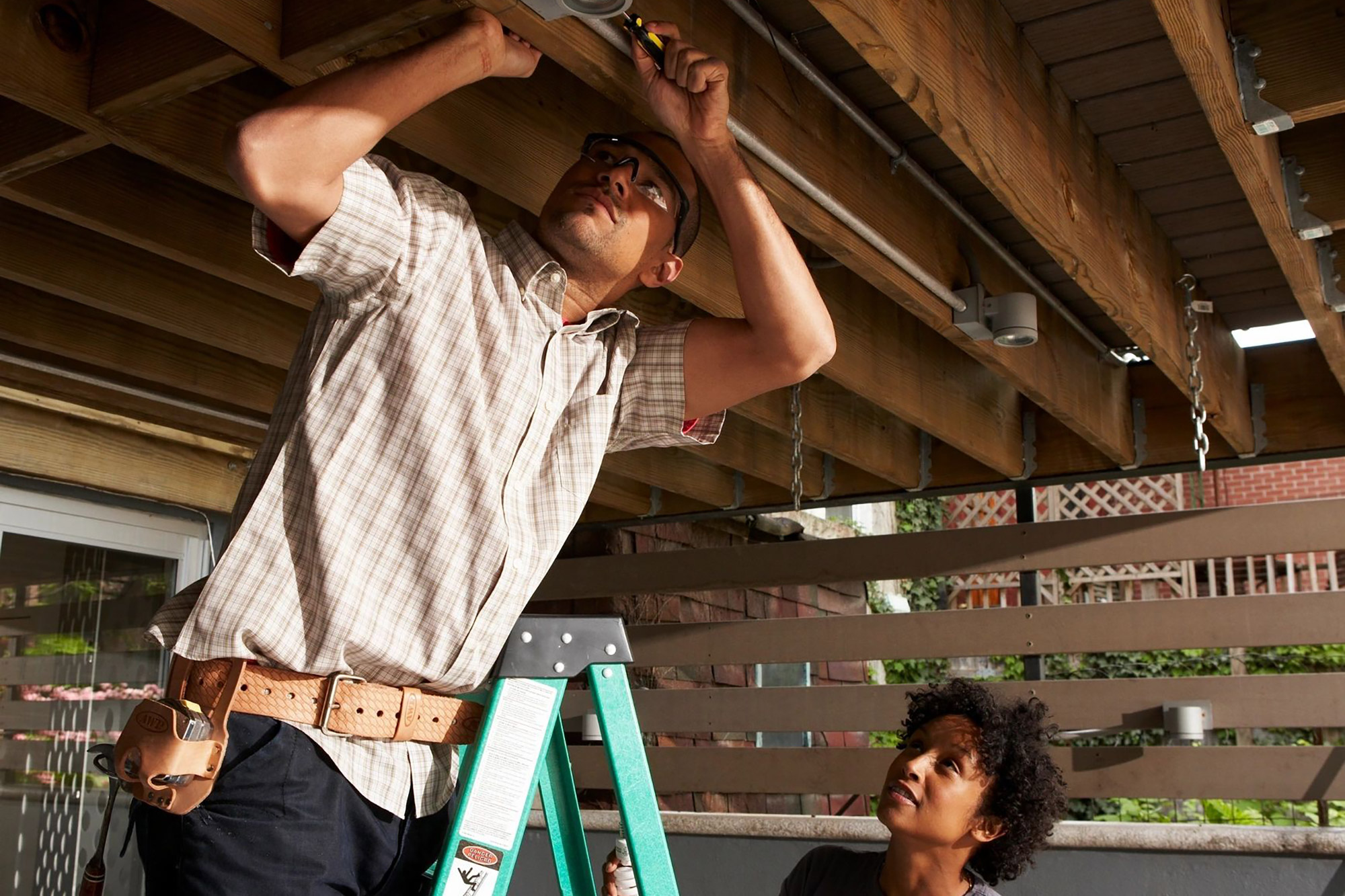Making Repairs To Replacement Property
Repair expenses paid by the buyer on the replacement property closing statement are taxable to the exchanger.
Exchangers often want to use exchange funds to pay for repairs to replacement property. The exchanger asks that repair expenses be listed as a buyer expense on the closing statement and paid from exchange funds.

Payment of repair expenses as a buyer expense on the closing statement will make those funds taxable. Why, the exchanger asks. The funds are never received by the exchanger. They will be paid by 1031 Exchange Corporation to the title company and paid by the title company directly to the companies making the repairs.
According to the IRS when the replacement property is acquired, the exchange is complete. Any subsequent expenditure of funds to pay for repairs is treated as though the taxpayer received cash and paid for the repairs after completion of the purchase. Repair expenses are non-exchange expenses and payment with exchange funds results in taxable income to the exchanger.
There are solutions. The easiest and least expensive is for the seller to repair the property prior to closing and increase the sale price by the cost of the repairs. The seller will be reimbursed for the repairs at closing by the increased sales price. The tax status of the seller is the same: the increased price will be offset by the “fix-up” expense incurred by the seller resulting in no increase in taxation to the seller.
Seller’s usually resist making repairs because they do not want to incur repair expense and have the buyer fail to complete the purchase. You might reduce the seller’s resistance by loaning funds for repairs, securing the loan by a lien against the property to be paid at closing. You could also agree to forgive the loan if you fail to complete the purchase.
If you are unable to convince the seller to make the repairs prior to closing, you can acquire the property as part of a construction exchange. This will substantially increase the cost and complexity of the exchange and is usually not viable for small repairs such as carpet, painting, etc.
